ASL STEM News

Diving Into Inclusion
“Witnessing the Atomic Hands diving event was an unforgettable experience. What made this event so extraordinary was the deep connection forged through ASL inside the exhibit,” said Milligan. “Typically, diver interactions are limited to waves or a few universal signs, but this was entirely different. Deaf and hard-of-hearing visitors were able to engage in real-time, meaningful conversations with the ASL-trained divers—asking questions, sharing comments, and experiencing a true dialogue.”
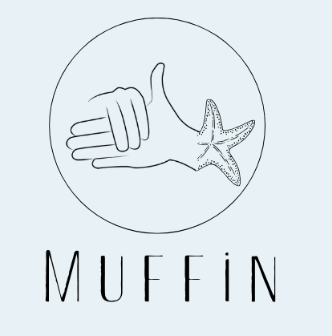
Launch of New Marine Species Glossary
The new SSC sign language glossary at The University of Edinburgh and Moray House School of Education and Sport related to marine species - animals and plants in the sea - has been launched! In the UK, we worked with deaf marine biologists and sign linguists from Europe, North America and the UK to create a glossary of 90 signs.
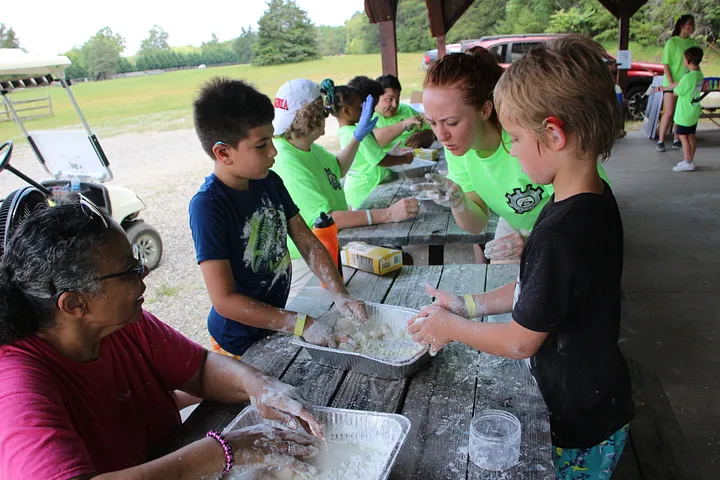
Signs of Fun Offers the Traditional Summer Camp Experience to Children with Deafness
Signs of Fun Offers the Traditional Summer Camp Experience to Children with Deafness
"It’s really magical for me seeing these kids build those connections and strengthen their language capabilities."

Transforming STEM Through ASL
Transforming STEM Through ASL --
A conversation with Alicia Wooten and Barbara Spiecker, founders of Atomic Hands
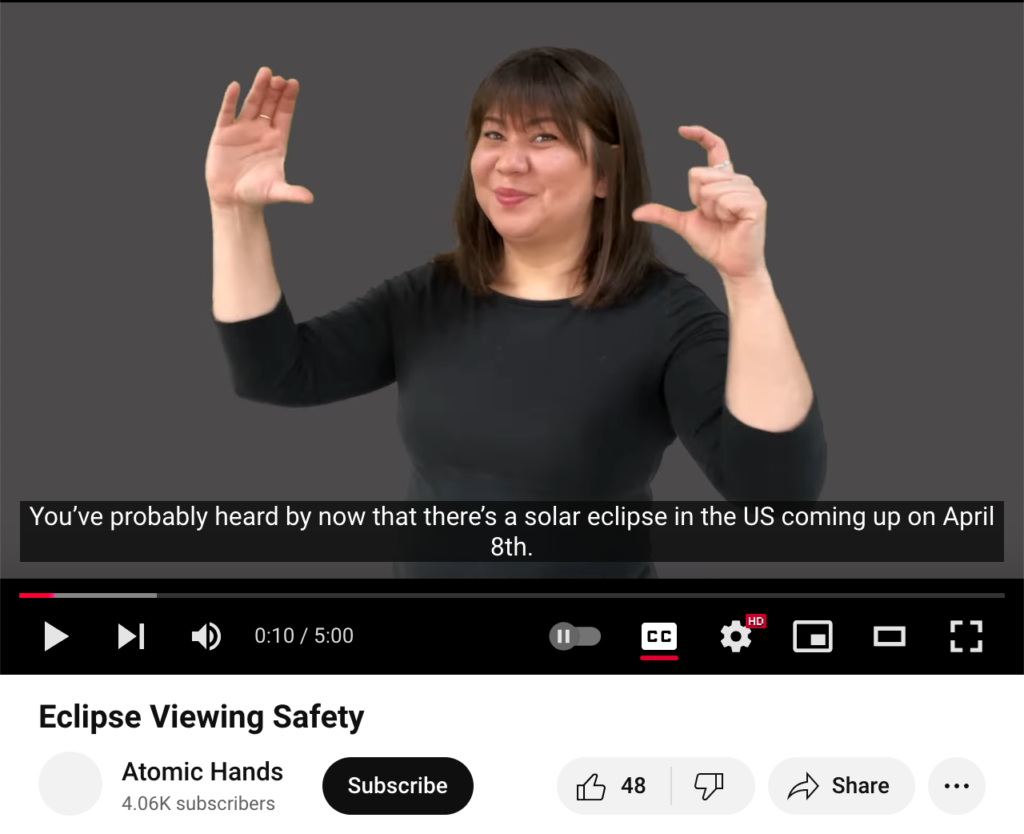
Including Deaf and Signing Audiences in Solar Eclipse Outreach and Astronomy Education
The solar eclipse of April 8, 2024, offered an invaluable opportunity to engage Deaf, Hard-of-Hearing, and Signing communities in astronomical education and outreach. Deaf and Signing individuals are not sufficiently included in astronomical activities: both in public outreach and in the training of professional scientists. The authors of this article, in working to improve Deaf/Signing inclusion in astronomy education and outreach, have carried out a range of activities in a variety of settings: online via Atomic Hands; at the National Technical Institute for the Deaf in Rochester, NY; at Boston University; and at Gallaudet University in Washington, DC.

A New Era of Support for Deaf People Through Deaf Leadership
How Deaf-led organizations are helping break down barriers for all Deaf people. Whereas GDRI and DDW work on breaking down barriers with data and support of local communities, Atomic Hands focuses on progress by developing signs for STEM terms without universal signs.

Challenges in developing STEM sign language for inclusive education
Caroline Solomon is a biological oceanographer and deaf. She discusses how STEM sign lexicon development contributes to inclusive education and which challenges still need to be overcome.
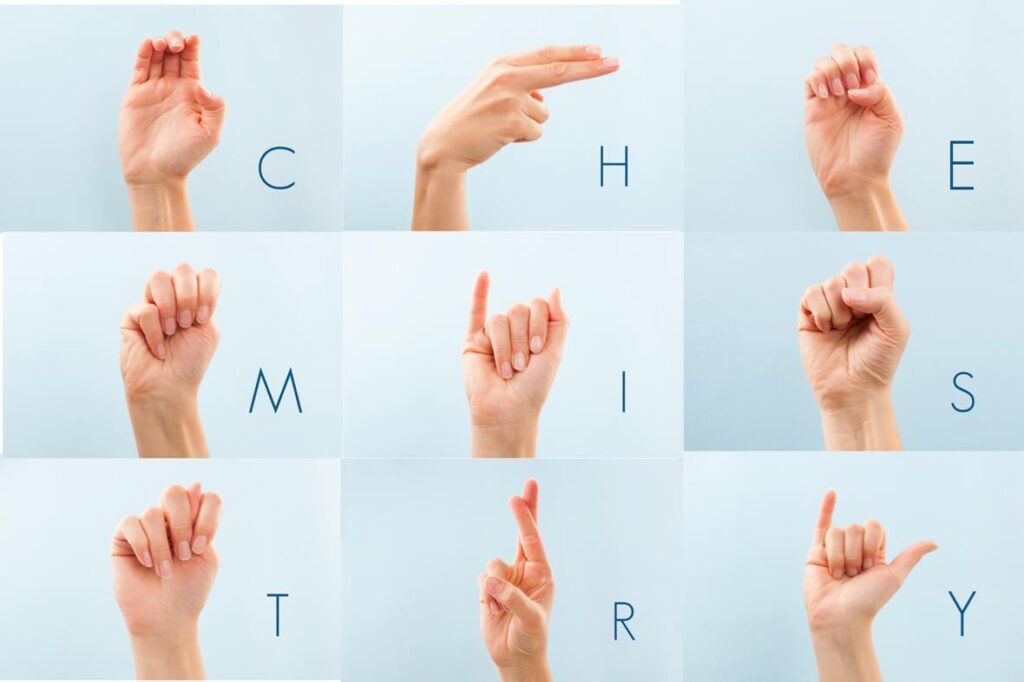
Chemistry and Sign Language
How far does sign language go in chemistry? C2W | Mens & Molecule spoke to four deaf scientists to find out about their most common struggles, how signs for scientific concepts are created, and the (unexpected) benefits of sign language in chemistry.
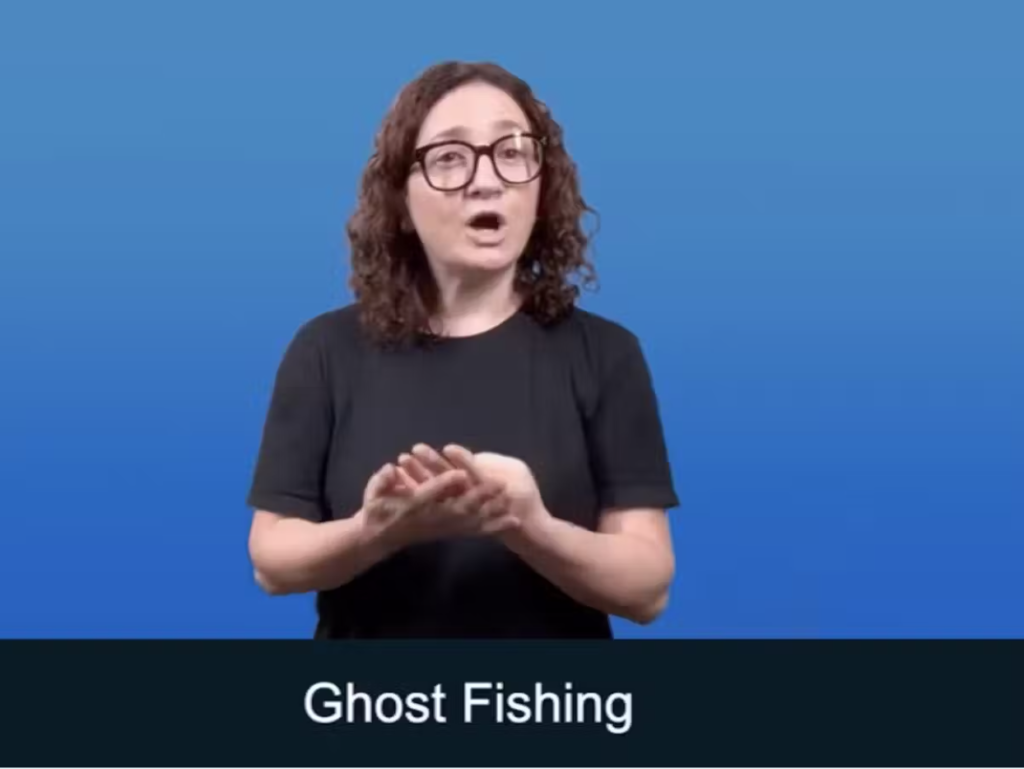
From jellyfish to basking shark, we’re developing 100 new signs to deepen deaf people’s connection with the ocean
For deaf people including schoolchildren, teachers and scientists, talking about marine species like the shortfin mako shark, loggerhead turtle and tiny phytoplankton usually means spelling out each term letter by letter. The lack of specific British Sign Language (BSL) signs for many marine species and concepts has made it challenging to have meaningful conversations about ocean conservation without resorting to tedious fingerspelling.
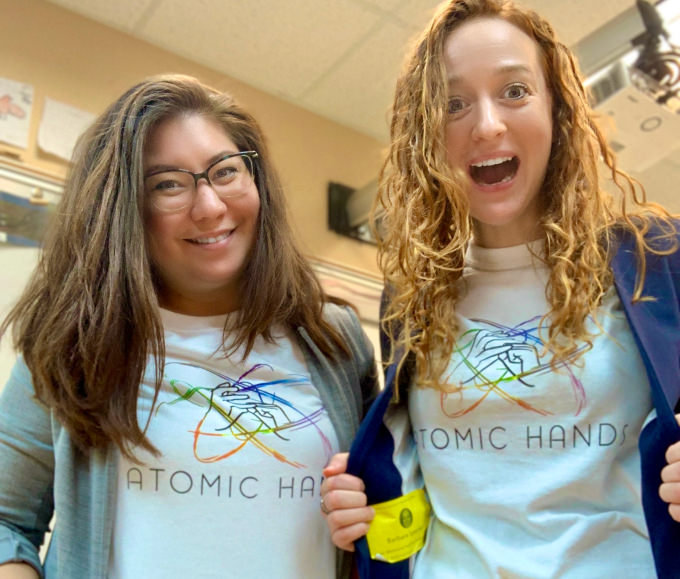
Atomic Hands is Increasing Accessibility in STEM Fields!
Meet Dr. Alicia Wooten and Dr. Barbara Spiecker, two deaf scientists making a change in accessibility for people who are deaf or hard-of-hearing. They founded Atomic Hands to create a community for deaf scientists, encourage use of American Sign Language, and foster curiosity in the next generation of STEMists.
Science Naturally is proud to be partnering with Atomic Hands to create ASL STEM Storybooks, blending ASL storytelling and picture books to enhance accessibility and engagement in learning for individuals, schools, libraries, and beyond.
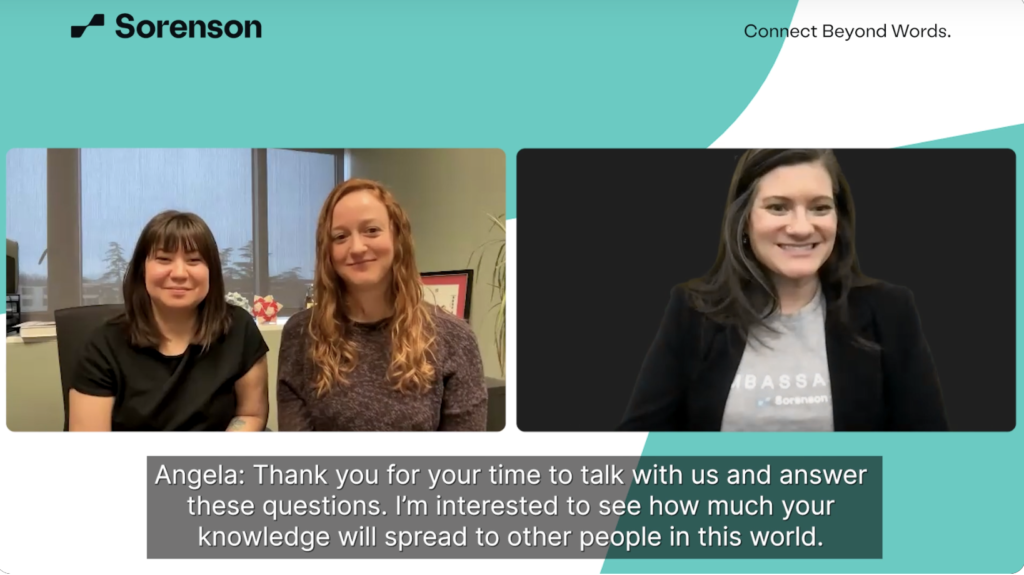
Ever needed sign language for STEM vocabulary? The founders of Atomic Hands had the same need, so they did something about it.
Dr. Alicia Wooten and Dr. Barbara Spiecker met as students at RIT. As they went on to earn their masters’ and doctorates, they realized that there was a need for signs in American Sign Language (ASL) for Science, Technology, Engineering, and Mathematics topics.
After they went to a Deaf Academics Conference in Europe in 2017, they decided that instead of just talking about the need for those signs, they would act. They founded Atomic Hands and built their website to include signs for STEM vocabulary, videos explaining STEM concepts, and storybooks for STEM in ASL.
They also collect STEM news, events, a list of STEM professionals for networking, and host workshops. To get involved and start learning about Deaf resources in STEM, head to Atomic Hands.
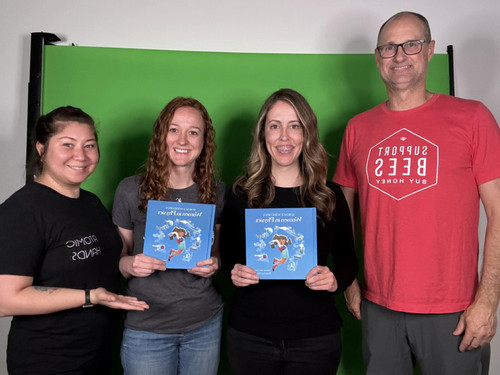
UNF associate instructor partners with organization to inspire curiosity in STEM through American Sign Language (ASL)
Michael Stultz, associate instructor at the University of North Florida, is enhancing STEM education for the Deaf community through his work with Atomic Hands. This mission-driven organization, co-founded by Dr. Barbara Spiecker, a Research Scientist at the University of New Hampshire, and Dr. Alicia Wooten, an Associate Professor of Biology at Gallaudet University, fosters curiosity in STEM through ASL-centric resources, creates engaging STEM-related videos and encourages networking among Deaf STEMists.
